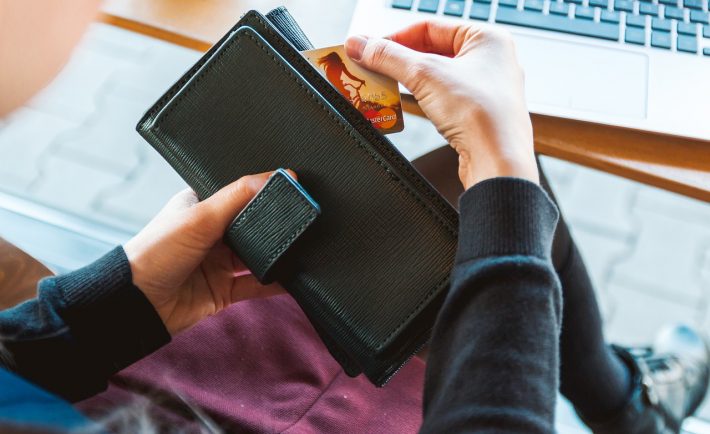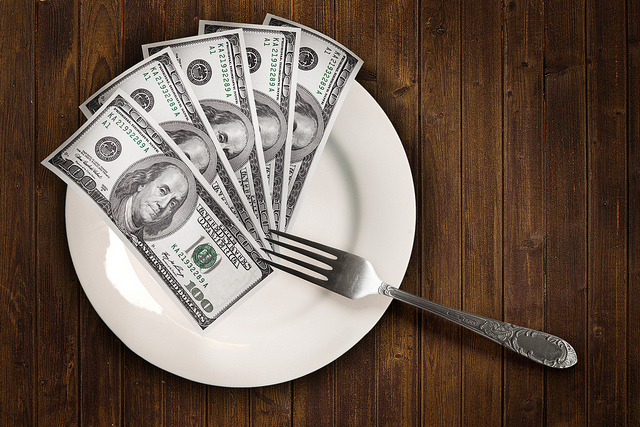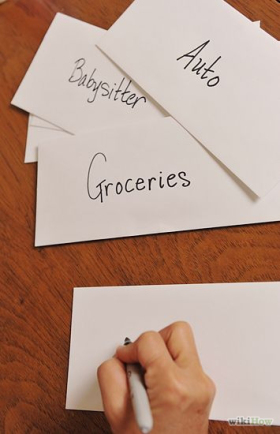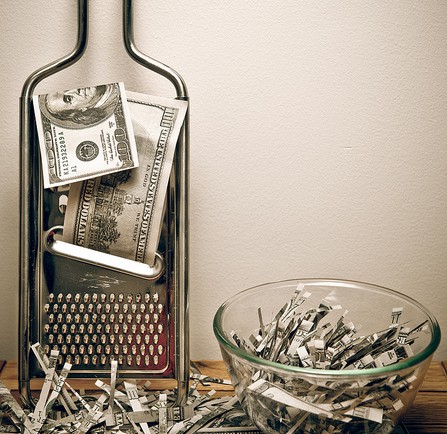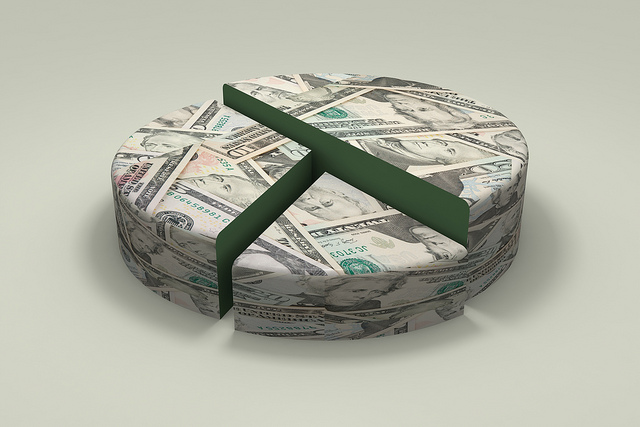When you are working around the clock, the end of June signifies one important thing. And that is? Payday is fast approaching! You can either stretch every cent you receive or waste it all in one day. The choice is yours.
A particular story comes into my mind when I dwell upon this topic. You see, I decided to reward myself after receiving my paycheck for the month of May. Do not worry about finances just yet! I allocated 10-15% of my salary for leisure and relaxation purposes.
I waited until the next day to stroll in the nearby shopping centre to avoid the massive crowd. I chanced upon a relatively vacant fitting room with merely 5 people (including the staff). With no intention of eavesdropping, I listened to the playful exchange between the two saleswomen. I was trying several looks on and it took me a while to change into them. To my surprise, the playful exchange got really deep! One lady elaborated how she blew her salary right away. She loaned the money to her family member. Not to mention, she partied the other night with some friends. She was upset to be trapped in a financial dilemma. Who wouldn’t be?

Image Credits: pixabay.com
Yes! It is not nice to eavesdrop on someone even by accident (sorry about that), but her situation can enlighten you. It made me realize that some people are struggling to control their money after receiving it. If you are caught in this situation, here are some things that you can do to turn things around.
TRY STICKING TO A BUDGET
This may sound utterly obvious and totally uncool, but you need to craft a realistic budget and stick to it. Planning how you will spend your paycheck allows you to prioritize your bills and schedule other expenses. It lets you account for your hard-earned money. If you cannot establish a budget with a paper, you can always use a free budgeting app.
Weigh between your needs and wants. While it is cool to have the latest gadget in the market, it may not be necessary. Stick to your budget! Remember that it is better to own items than to owe them.
GET YOUR PRIORITIES STRAIGHT
How many times have you heard the advice to “keep your priorities in place”? Do you follow it yourself? Keeping your priorities intact allows you to secure your financial future. One of my top priorities is growing my savings. I am gradually fulfilling this by accounting for every dollar I make.
Accounting for every dollar you earn takes budgeting to the next level! It assigns a label for every chunk you make. I found that “Envelope Budgeting” was helpful for this task. With envelope budgeting, I can easily allocate a specific percentage for my expense categories. It is alright to place a responsible amount for splurging. You deserve it!
AUTOMATE YOUR SAVINGS
Did you know that it is possible to sock away your income as soon as you get it? You can achieve this by automatically depositing your salary into your savings account. Award-winning finance journalist Jean Chatzky is an advocate of this. “Automating savings is the first thing everyone should do with their paychecks,” she said. She went on by saying that you cannot spend the money you do not see. I certainly agree! It is easier to save money without the tangible temptations.
In Singapore, there are institutions which allow you to automate your money such as the POSB eMySavings Account. This automatic monthly savings account allows you to keep S$50 to S$3,000 during each “savings date”. You are free to choose a schedule that works best for you.

Image Credits: pixabay.com
From building an emergency fund to gaining self-control, there are other ways to avoid spending all your paycheck immediately. You just have to be creative!

